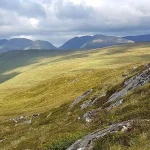Continuing from last month’s post, here’s a few of the surveys we can do in March. It all starts to kick off in March with several species groups needing surveys to start up.
Badger Survey
February saw the start of the badger survey season as they became active following the January lull. This month badgers are moving around a lot more often and surveys during March can be very valuable because the vegetation hasn’t grown up and disguised setts yet.
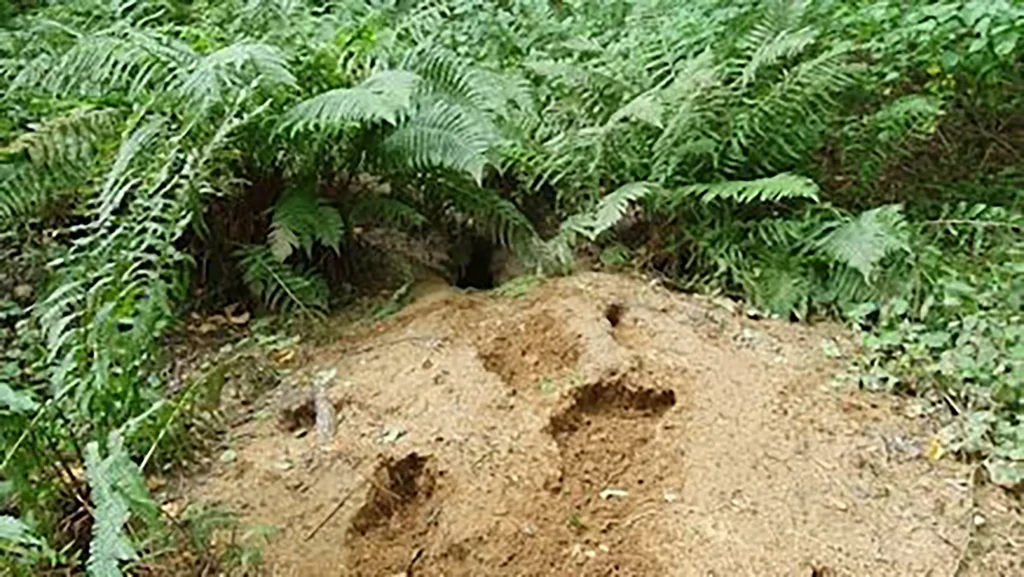
Bat Surveys
In march we still can’t kick off the night time dusk/dawn bat surveys and we’ve also now left the time for bat hibernation checks. Surveys for bats in Scotland can’t officially start until next month but we are more than able to complete bat preliminary roost assessments to prepare for the survey season kicking off.
Bird Surveys
March can see the start of some early breeding bird surveys, with species such as black grouse starting to lek and being great to spot of an early morning.
Great Crested Newts
March is when it all kicks off for great crested newts. from about the middle of this month, nocturnal presence and absence surveys can kick off using traditional methods to count newts. These are very important for population size class estimate surveys. However, there’s another month before we can do any eDNA sampling. March is also a good time to do Habitat Suitability Index surveys too..
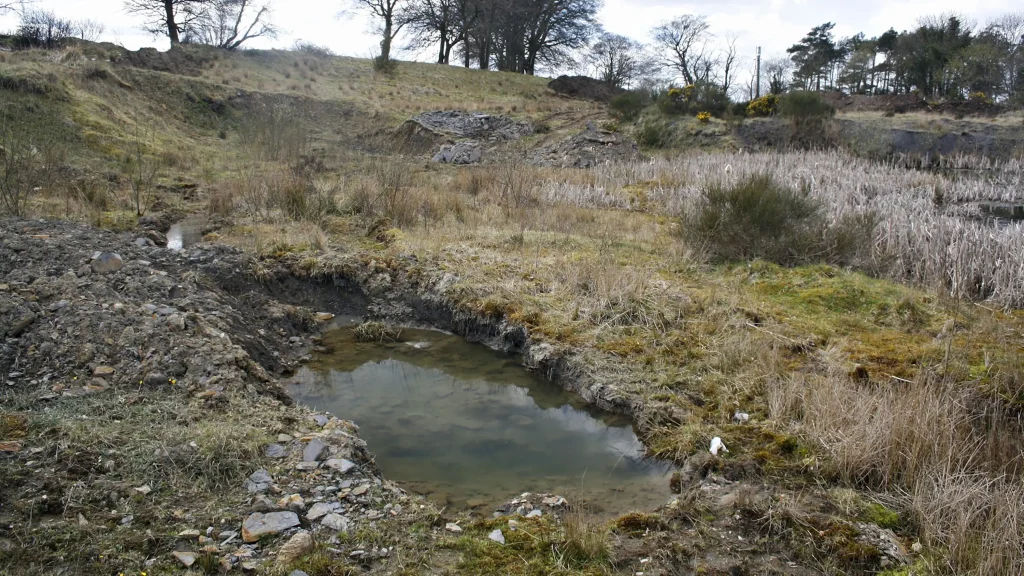
Otter Surveys
Surveying for otter can be completed at any time of the year. However, often in march the heavy spring rains cause rivers to flow in spate and cause watercourses flow in spate and obscure evidence of otters. Though if there’s any large frog ponds near a waterbody, March is a great time to check for feeding signs where frogs make a very easy and enticing meal. Best to try and delay until better weather conditions.
Water Vole
March is a great time to kick off water vole surveys. These initial habitat assessments can pick up the best habitat within a site for more targeted surveys later in the year. They can also show some useful field signs such as burrows and feeding evidence too.
Pine Marten and Red Squirrels
Pine marten and red squirrel surveys can both be done year-round, March is a great time to complete these surveys as the leaves haven’t started opening yet, from next month onwards spotting dreys and dens might start to become a bit more challenging.
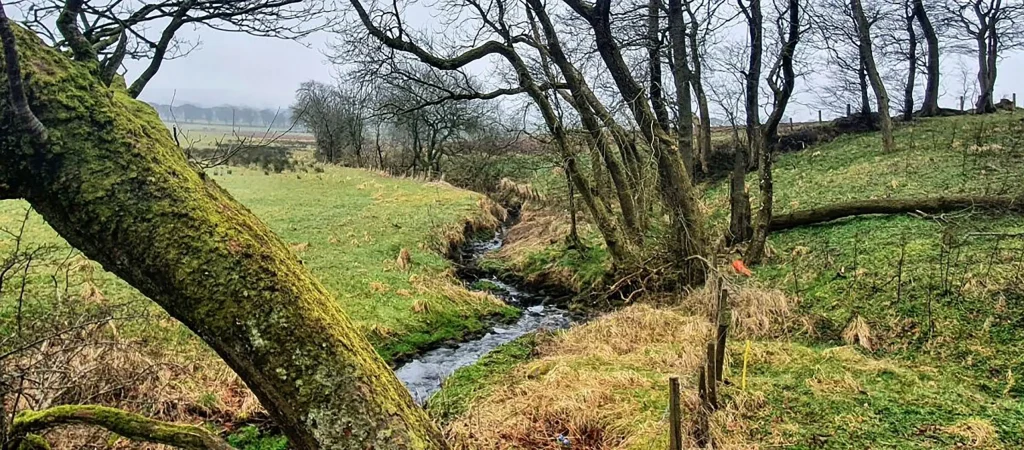
Preliminary Ecological Appraisals
March is still just outwith the optimum season for completing a preliminary ecological appraisal (PEA). However, with a precautionary approach these surveys can still be completed. Though with vegetative die back over the winter, these surveys risk needing targeted phase 1 ground-truthing or invasive species surveys being recommended for the summer months.
Reptile Surveys
Adders, slow worms, and common lizards will be starting to become more active and on milder days will begin mating behaviour as well. However, it’s still not the best time to search for these cold-blooded beauties in Scotland just yet. Though we can still check for habitat suitability and determine the need for further work during the summer.
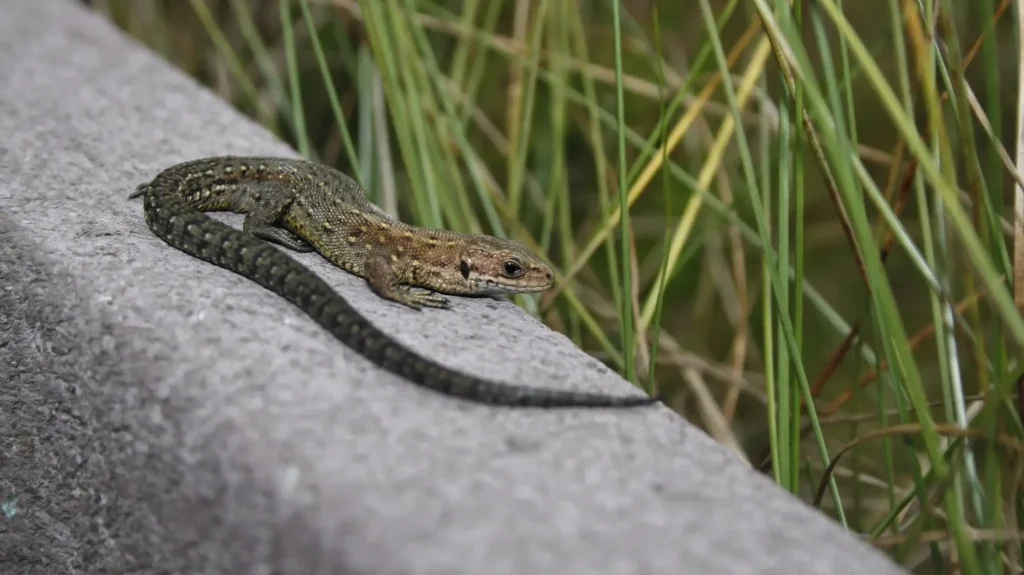
Get in Touch
If you have a site needing any form of ecological appraisal EP Ecology has in-house expertise combined with a network of associates who can deliver your ecology survey needs, check out the services we provide or use the form below to get in touch and we’ll see what we can do for you.
